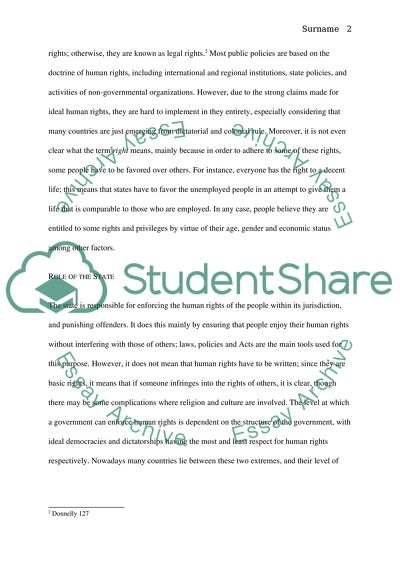Cite this document
(“What Are Human Rights and How Far are States Concerned to Promote or Essay”, n.d.)
What Are Human Rights and How Far are States Concerned to Promote or Essay. Retrieved from https://studentshare.org/history/1446910-what-are-human-rights-and-how-far-are-states
What Are Human Rights and How Far are States Concerned to Promote or Essay. Retrieved from https://studentshare.org/history/1446910-what-are-human-rights-and-how-far-are-states
(What Are Human Rights and How Far Are States Concerned to Promote or Essay)
What Are Human Rights and How Far Are States Concerned to Promote or Essay. https://studentshare.org/history/1446910-what-are-human-rights-and-how-far-are-states.
What Are Human Rights and How Far Are States Concerned to Promote or Essay. https://studentshare.org/history/1446910-what-are-human-rights-and-how-far-are-states.
“What Are Human Rights and How Far Are States Concerned to Promote or Essay”, n.d. https://studentshare.org/history/1446910-what-are-human-rights-and-how-far-are-states.


